Discovered just 7 potentially habitable earth-like planets within a single system
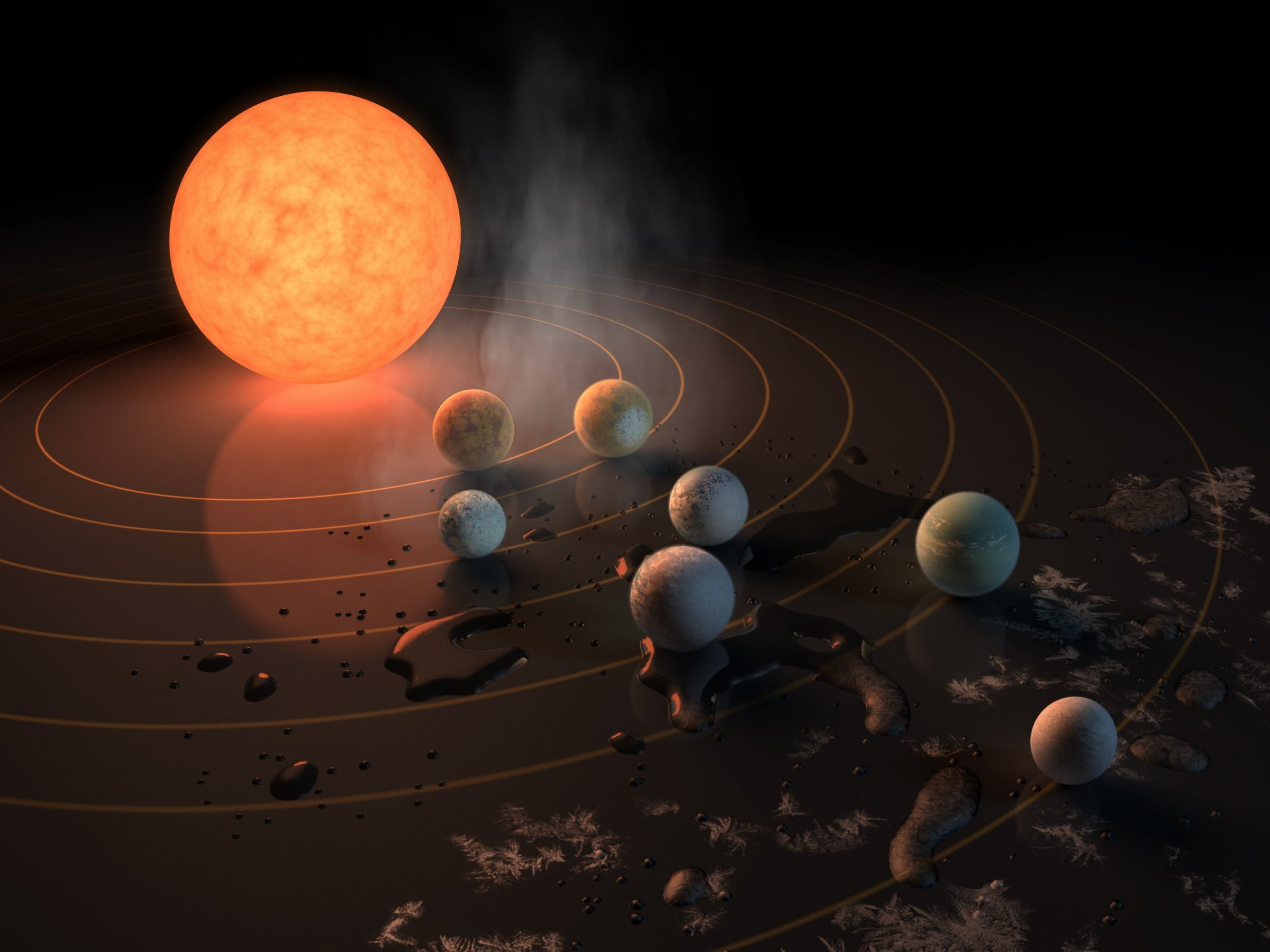 Source:
Source:
Less than a year ago, astronomers announced a surprising discovery. They found three earth-like planets orbiting small, dim red dwarf. However, as it turned out, the first discovery scientists have "missed" a few available in this system of worlds. And this is what most likely will be discussed at a press conference today NASA. At least this is suggested by the article published in Business Insider Indonesia, as well as a number of publications, including an analysis of astrobiology and former employee of the Agency Keith Kawinga published in .
the
an Amazing discovery
Sources report that astronomers have discovered seven samplemodeling rocky planets near the star TRAPPIST-1 – "zwergholdrio" red dwarf located about 39 light-years away in the constellation of Aquarius. A total of thirty researchers from around the world reported a new discovery in the journal Nature this Tuesday. And joy of scientists about this discovery lies not only in the number of discovered worlds.
The fact that each of these seven planets in the so-called Goldilocks – or habitable zone of stars – the region of space where the conditions correspond to the planets could have water in liquid form. Moreover, four of the seven planets, according to scientists in General, it is possible to write in candidates of worlds capable of supporting life.
"This is the first case where we find the seven exoplanets inside the habitable zone of one star" — said Michael Gillan, co-author of published research in the journal Nature, astronomer from the University of liège, Belgium.
According to the researchers, this discovery is quite able to have a serious impact on the search for extraterrestrial life outside the Solar system.
the size of the planets and their orbits around the star TRAPPIST-1 in comparison with the planets of our Solar system
Discovered the star TRAPPIST-1 exoplanet, called the TRAPPIST-1b, 1c, 1d, 1e, 1f, 1g, and 1h, its size was relatively smaller than the sizes of our planets.
"If you put star TRAPPIST-1 in place of our Sun, all the seven planets can fit inside the radius of the orbit of our mercury" — commented Emmanuel Jachin, another co-author of published work from the University of liège, Belgium.
In any other case, it automatically puts into question the potential habitability of these planets, but the star of the TRAPPIST-1 half colder than our Sun. However, as they note, if one of these planets is very close to a red dwarf, it is likely that she will receive the same amount of energy which the Earth receives, which is 150 000 000 kilometres from the Sun.
According to Amory Trio, an astronomer from the Cambridge Institute of astronomy and another of the author's published work, it is difficult to say – lucky team of scientists in this amazing opening from the seven earth-like planets, or is this system really can meet regularly in the observable Universe. Anyway, according to astronomers, this discovery has the potential to seriously increase our chances that mankind is not alone in the milky Way, not to mention other parts of the Universe.
This can be Explained by the fact that according to statistics on the 100-400 billion stars in just our galaxy "from 30 to 50 percent," falls on the star class red dwarfs, says the Trio. This makes this class the most common stars in our galaxy. For comparison, among all detected stars, the sun-on type, that is, the class yellow dwarf, accounts for only about 10 percent.
"I think we made an important step forward in the discovery of extraterrestrial life" — said Trio in a brief interview with Business Insider.
"I don't think we were looking at the correct exoplanets. [...] If we discovered seven planets could evolve life, is able to present at least some kind of signal of their presence, we this signal will definitely find them."
Another potential target for examination, recall, is the star Proxima Centauri, a red dwarf located just 4.24 light years away from us. Yes, this is much closer than the location TRAAPIST-1, however , but rather on discovered near it at least one planet – Proxima b – reduces the chances of success discoveries in her life. And yet the planet is of great interest of scientists and its atmosphere at the time will learn, for example, a new space telescope NASA the James Webb (JWST).
theTRAPPIST-1 — the home of extraterrestrial life?
Illustration of how this can look like the surface of the planet TRAPPIST-1f, located 39 light years from Earth
Since the discovery of the first exoplanet outside the Solar system 25 years ago, scientists do not abandon the idea that life can be not so rare thing in our Universe. If it is reasonable or no, dangerous or friendly, like us or not is a separate issue for a separate article.
Used in astronomy the transit method of finding exoplanets — when a planet passes in front of its star and the amount of light captured by our telescopes is dramatically reduced, indicating the presence of near this star the likely planets have shown us that only one in our galaxy can contain trillions of different planets.
Gillan and his colleagues used the same technique for the detection of seven new worlds. The first three planets were found by ground-based telescopes. In the new study, using NASA's space telescope "Spitzer", it was discovered four more planets. And as mentioned above, the interest of this discovery fueled by the fact that the most common class of stars, far colder than our Sun, is still able to provide enough heat to keep existing near such stars the planets water in the liquid state. And this ultimately leads to the fact that the atmosphere of these planets may be similar to our earth.
"it Is likely that their atmosphere is very similar to the atmosphere of the Earth or Venus. Although of course nobody can exclude the possibility that they have a completely different atmosphere, not like our" — commented on Gillan.
Studies show that the diameters and weights of each of the seven planets, given how much star light TRAPPIST-1 if they block transit transit, fit the description of rocky worlds. And this in turn may indicate the probability of the existence on these planets of water, either as ice or as much as the liquid oceans.
And still no promises that these planets definitely have a life. Too many factors can prevent it. One of them, for example, can be a severe space weather (frequent stellar flares and coronal mass ejections) that can literally blow away with them all my life. And those who are not blown away, will finish the highly charged radioactive particles. Unfortunately, the class of red dwarfs than other types of stars are most committed to such wayward behaviour.
The Study also suggests that the planet is likely to have an orbital resonance. Some of them may in the manner of Jupiter to have satellites, and some do have synchronous rotation with the star and is constantly turned to her one side only. But that doesn't necessarily immediately mean that the planets in General can not be no life.
Gillan notes that for red dwarfs star TRAPPIST-1 is "very calm" and not behaving too actively for this class. In addition, according to the scientist, orbital resonance and tidal capture may even be useful in this case.
"This may mean that the core planets receive more heat and thereby able to start the process is required anyway eventually for the emergence and maintenance of life."
This heat contributes to the melting of ice and turning it into liquid, which then evaporates and with the support of such phenomena as volcanism, will go into a gaseous state, not only forming thereby the atmosphere of the planet, but also creating conditions for the emergence of elements necessary for life.
theWhat next?
Schematic illustration of how a planetary system looks TRAPPIST-1 (top view). The planet is marked by markers 1b-1h
Gillan notes that the opening of the seven planets in the star system TRAPPIST-1 is only the beginning of their work. In the future, scientists hope to use infrared space telescope JWST to look inside the atmospheres of those planets and try to figure out how much it may contain oxygen, ozone and other gases.
"the Oxygen produced in photosynthesis water on planets rich in this liquid substance. It is the presence of certain molecules can tell us about how a planet might be habitable. To think until we are. You'll see" — not without enthusiasm says Gillon.
Even if the system is TRAPPIST-1 can someone seem completely lifeless, it does not mean that it is not the place where you should be looking for extraterrestrial life.
"Could at least one of these planets do to be a home for life? We do not know" — says Ignas A. G. Snellen, a researcher from Leiden University who have not participated in this work, but made her review for the journal Nature and written for her editorial note.
"But what is certain is the fact that a few billion...
Recommended
The Americans on the moon: what everyone should know?
the Upcoming cosmonautics day is my favorite holiday. It marks the triumph of the human mind: in just four thousand years Homo Sapiens went from hunter-gatherers to space explorers. 12 April 1961 Soviet cosmonaut Yuri Gagarin became the first man in ...
Why are some galaxies spiral shaped?
you Know what surprised me the most? The fact that we perceive the surrounding world as it is. Animals, plants, the laws of physics and the cosmos are perceived by many people as something so mundane and boring that they invent fairies, ghosts, monst...
Astronomers were able to see the death of another star system
In the cosmic ocean drifts a lot of mysteries about the existence of which we are unaware. One of these was uncovered five years ago, when astronomers have discovered a lonely star at a distance of 570 light years from Earth, the brightness of which ...
Related News
The first flight of the new spacecraft by NASA could be manned and around the moon
the space Agency NASA is considering a manned flight around the moon in the first joint launch of new carrier rocket Space Launch System (SLS) and the spacecraft «Orion» on-Board is planned for late 2018. It should be no...
Boeing is going to produce 3D printed modular satellites
the Boeing Company is known not only for its aircraft, but its high-tech satellites, the price of each of which may reach $ 150 million. However, in the foreseeable future this may change. The fact that private American aerospace ...
Our universe began with the Big Bang, but that doesn't mean that we get it right, imagine it painted. Most of us imagine it as a real explosion: when it starts with a hot and dense and then cools and cools while the fragments fly ...
RSC "Energia" plans to send tourists to the moon in 2022
General Director of rocket and space Corporation «Energy» Vladimir Solntsev said in an interview with RIA «news» that the PKK will soon offer flights to the moon. Such services, according to him, the Corporatio...
NASA called an emergency conference and is preparing something interesting
Tonight, February 22, NASA will hold an emergency press conference, which will present interesting new data about exoplanets — planets outside the Solar system. The press conference will start on 22 Feb at 21:00 Moscow time. See y...
From the Baikonur cosmodrome launched the last rocket record "SOYUZ-U"
At nine o'clock in the morning Moscow time from the launch pad N1 was launched booster "SOYUZ-U", which successfully put into orbit transport truck "Progress MS-05". Released into orbit cargo ship carries on Board about 2.5 tons o...
Thanks to the new definition, Pluto can return to the category of planets
a Group of scientists from NASA have published an article with a call and an offer to use the new definition, according to which to classify space objects and bring them into the category of planets. And if this proposal passes, t...
Lovers of conspiracy theories around the world love to talk about secrets of the National office for Aeronautics and space research, known as NASA. Yes, the Agency can not be called the biggest in the world. Over its 60-year histo...
People are changing the climate is 170 times faster than the forces of nature
Scientists who try to deduce a definition of the anthropocene, argue that climate change caused by people on the Ground are much higher than caused by natural events over many millennia. They cite figures showing how much humans a...
On Ceres found organic molecules. How is that different?
Sometimes scientists behave too modest. Recently, Science published a work called "Localized aliphatic organic material on the surface of Ceres". Not that he remembered or even seemed important. But really it's just a blast. Scien...
SpaceX has postponed the start of the first mission to Mars
last year, SpaceX has talked about a bold plan: to launch the spacecraft Dragon to Mars in 2018. This must be the first ever private mission to the Red planet. But now, it seems that the company has postponed the mission for a cou...
SpaceX successfully put the third Falcon 9 rocket on solid ground
Tonight, SpaceX made another successful landing of the missile — this time in daylight off the coast of Florida. The Falcon 9 rocket successfully landed at the landing zone SpaceX at Cape Canaveral after the launch into space. Thi...
The dubious projects of flights to Mars and its colonization
for many decades, Mars fascinates and attracts people. Latest "the surrendered" was like Matt Damon. Our cosmic neighbor, the distance to which at a different period of time may range from 55,8 to 401 million kilometres, is of gre...
We may never know the aliens "in your face"
NASA is trying to answer a deeper question: if we ever find alien life in the Universe, as we understand this? Whatever in the cosmos, whatever it is, it can be a truly strange and unrecognizable. When robotic probe to land on a w...
Venus has a lot of problems. Temperature, two times higher than that at which the pizza is cooked in a few minutes. Acid rains, which regularly wash away everything that claims to be free will. Enormous pressure is 90 times greate...
United Arab Emirates plan to build a city on Mars
Only some 40 years ago was a small settlement, which is inhabited by the pearl divers. And today it is one of the largest and most futuristic cities in the world, decorating a United Arab Emirates. Vanish into the clouds skyscrape...
The US authorities are planning a fifth expedition to the telescope "Hubble"
the Space telescope «Hubble» watch bears in Earth orbit for many years, making great shots, and aiding astronomers with the research, but like any other device, this automatic Observatory periodically requires maintenanc...
As not to give the astronauts go insane?
"Impulsive, suicidal, sex-crazed thrill seeker". Who is it? Participant of the TV project "Dom-2"? A base jumper? The leader of a cult? Think again. So some psychiatrists of the U.S. air force, back in the early days of the space ...
Practical training Siberian "Space Odyssey" will start in late February
We have about the project «Space Odyssey», the author of which was Russian cosmonaut Alexander Lazutkin. Theoretical classes started at the end of last year, and at the end of February 2017 cadets will travel to conduct ...
NASA has created a microchip that can work in hell
Camera tests GEER You may be surprised by the fact that Mars attracts "interplanetary" attention, while Venus, the second planet from the Sun, it would seem, is closer to the Ground. The fact is that this planet has the highest su...



















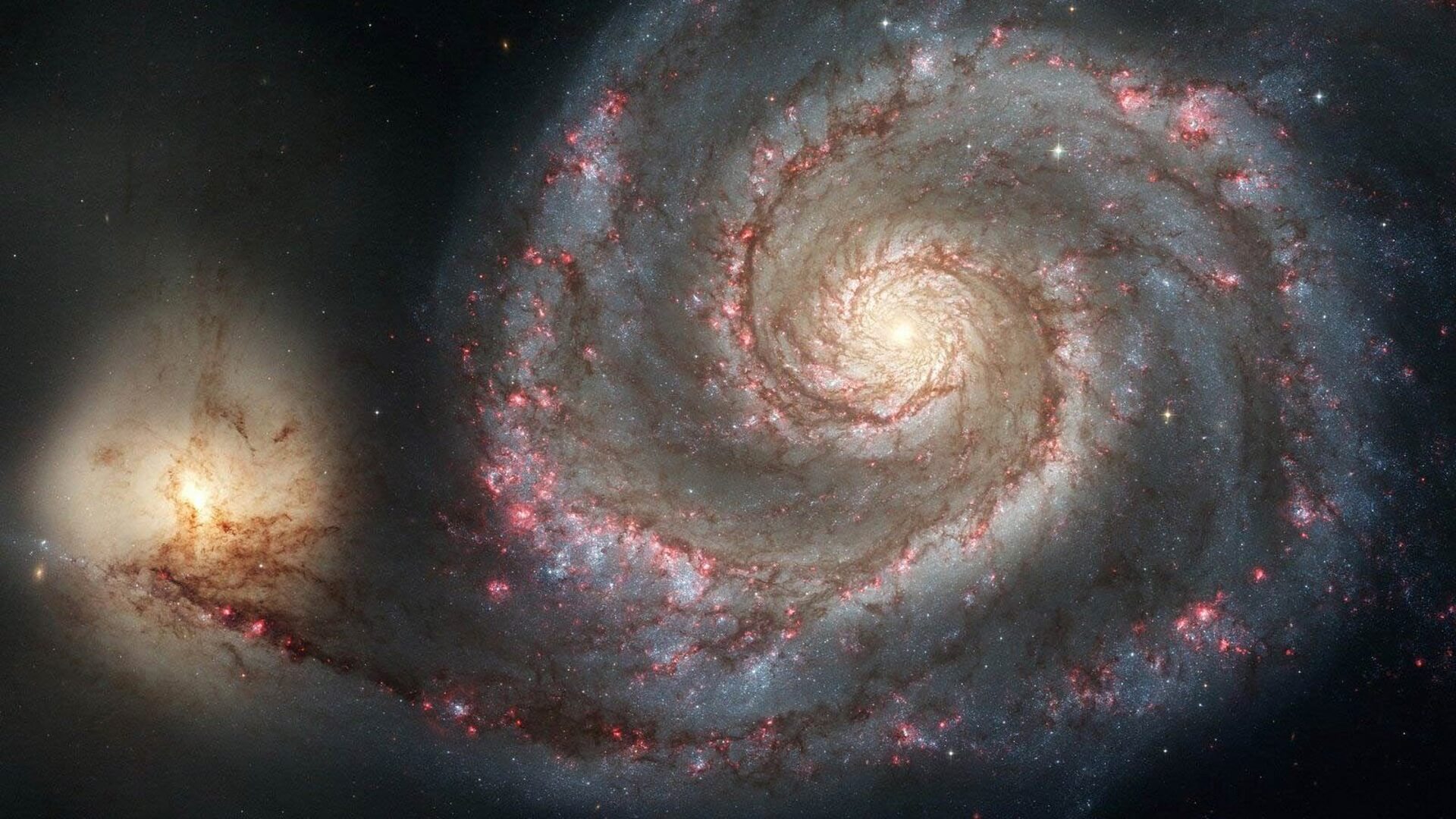
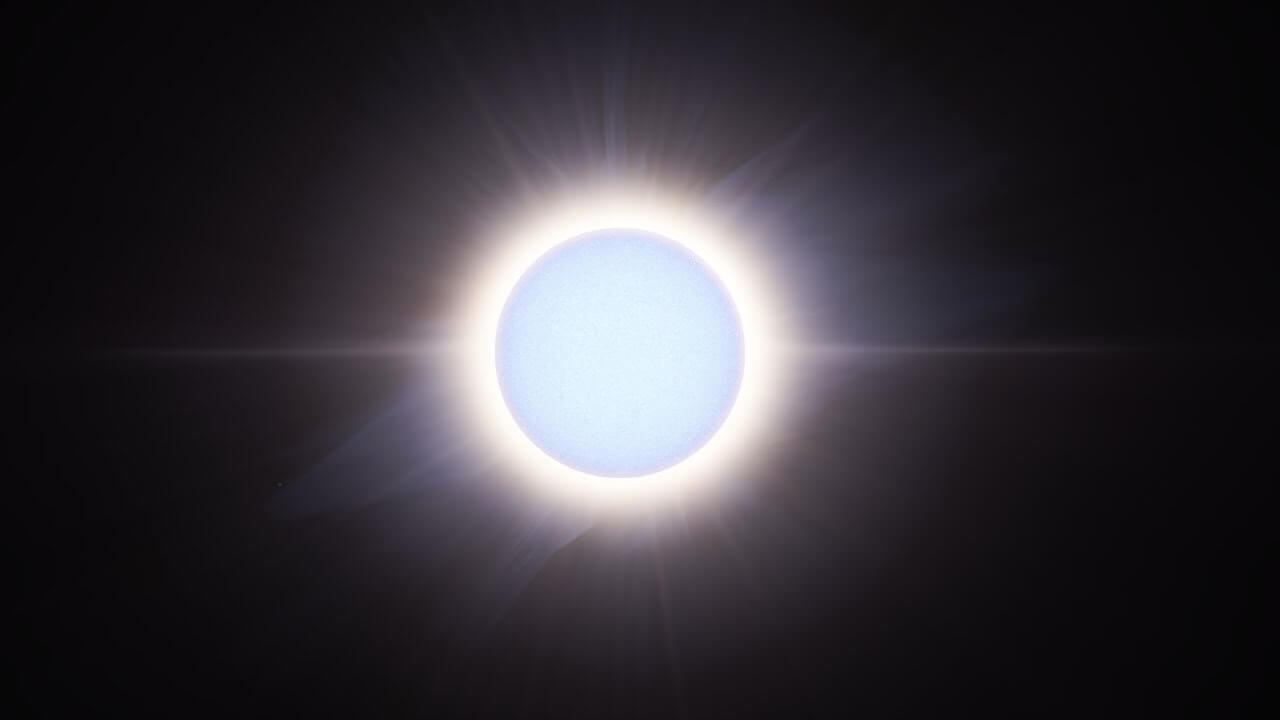
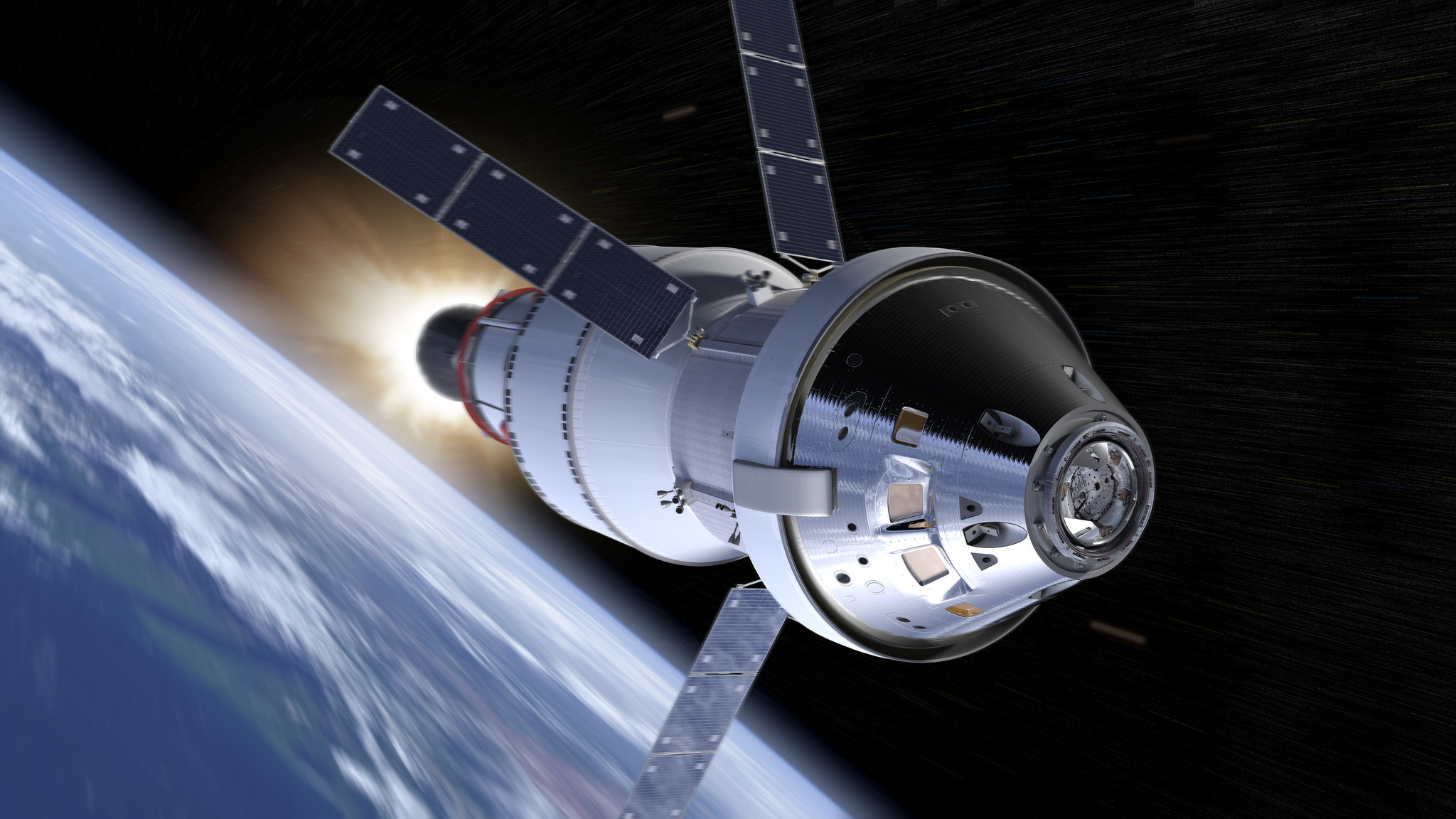
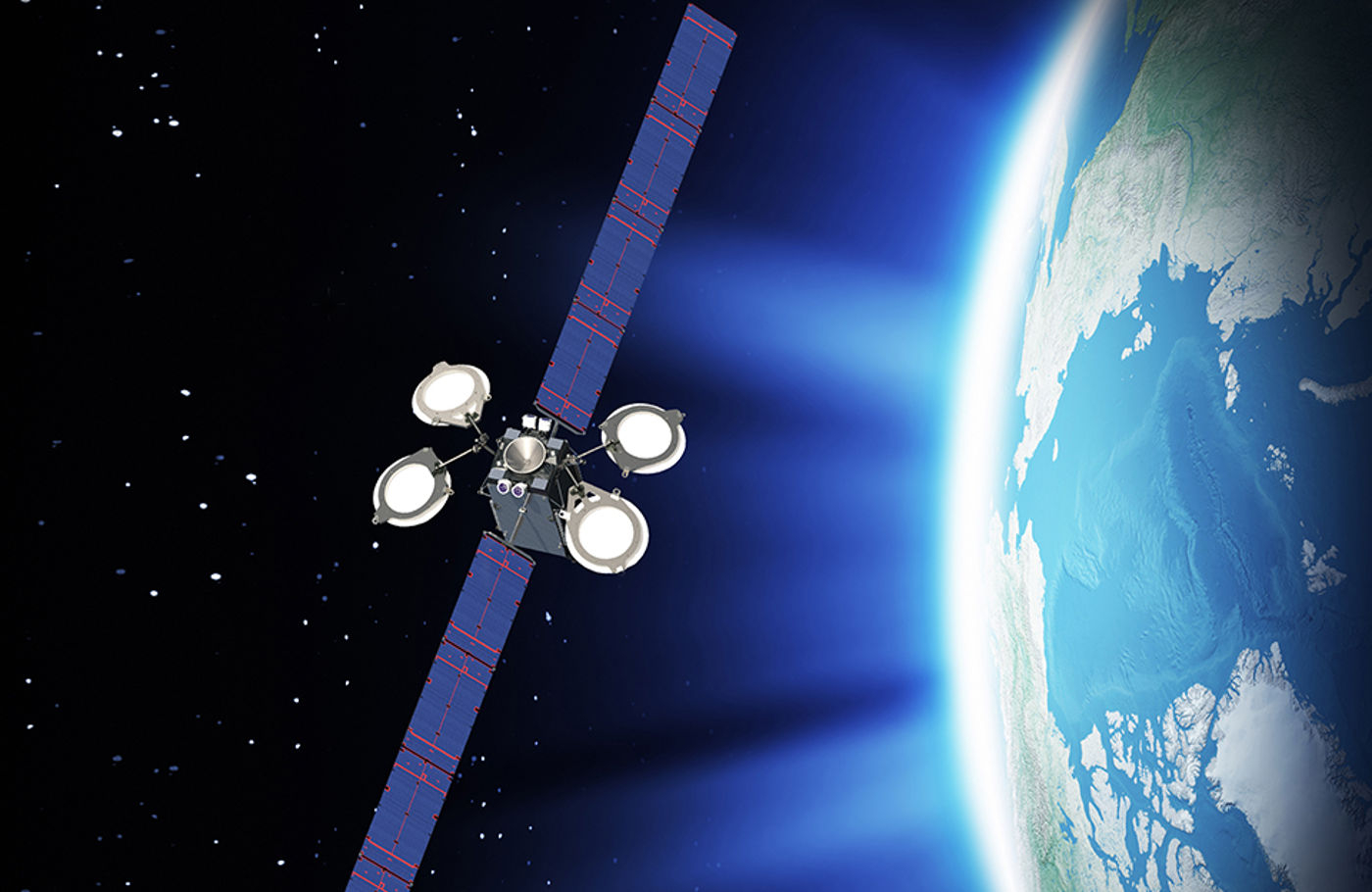
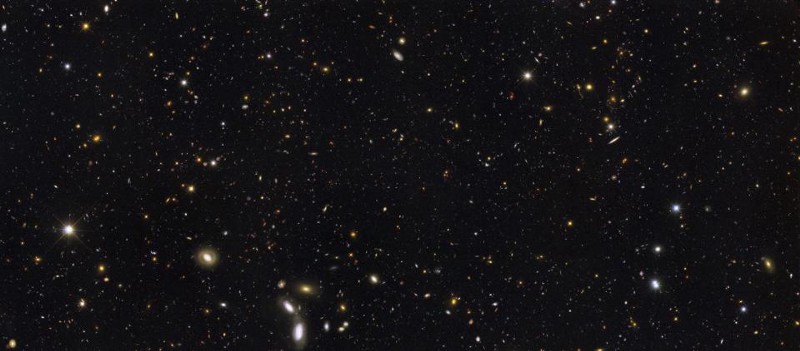
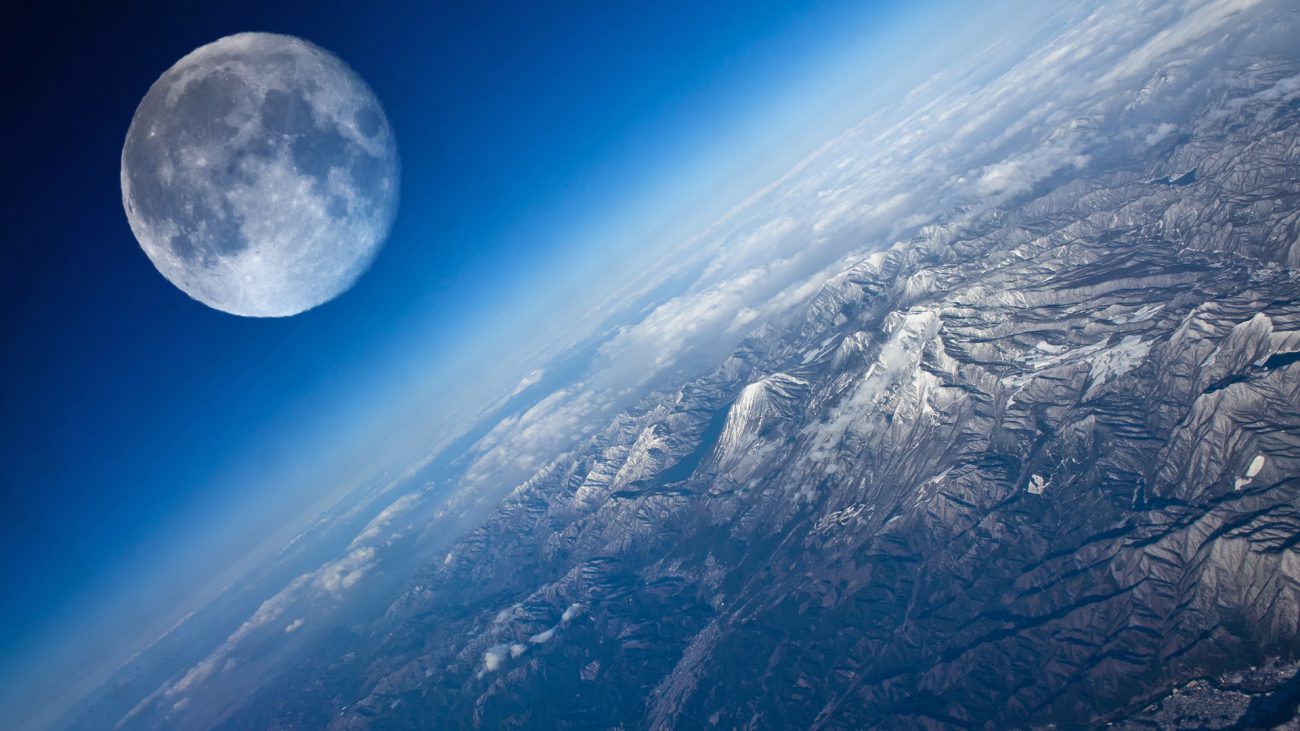

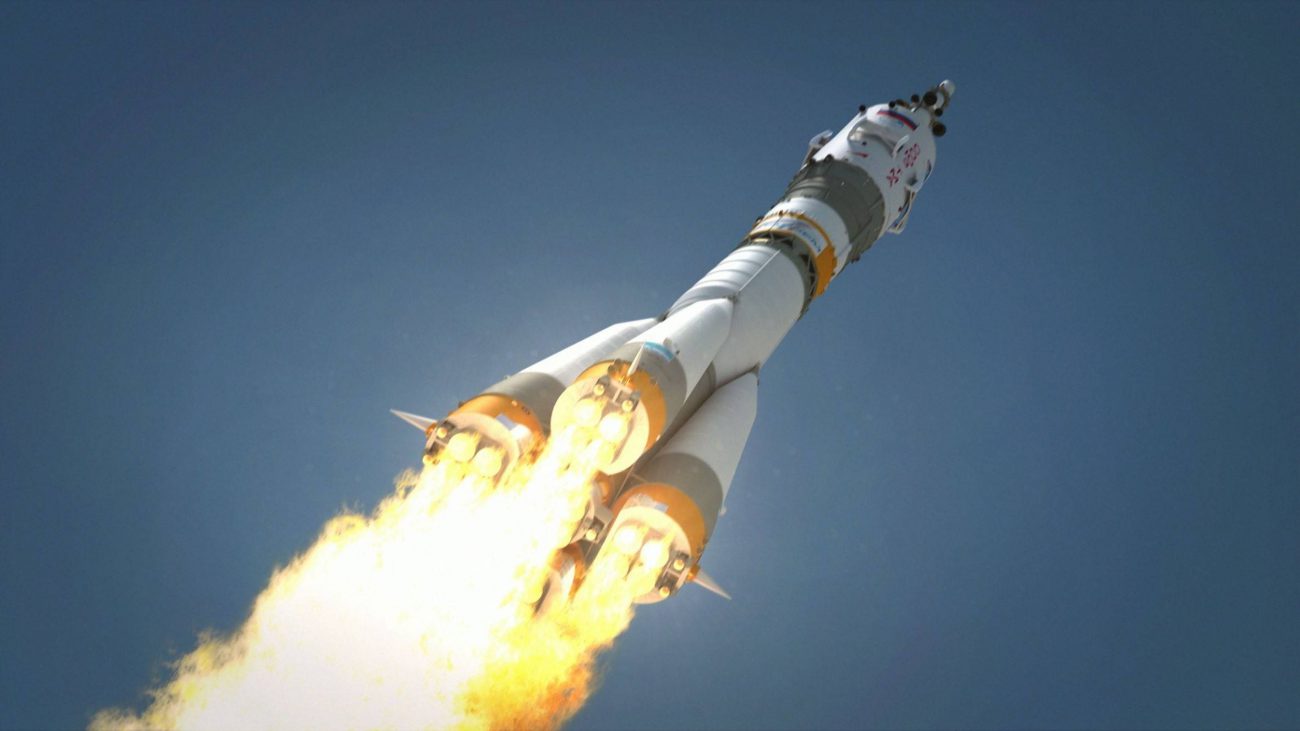
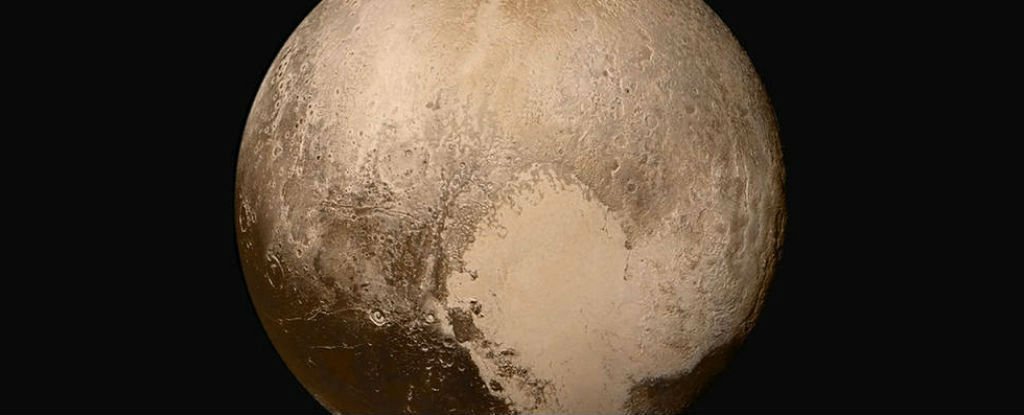
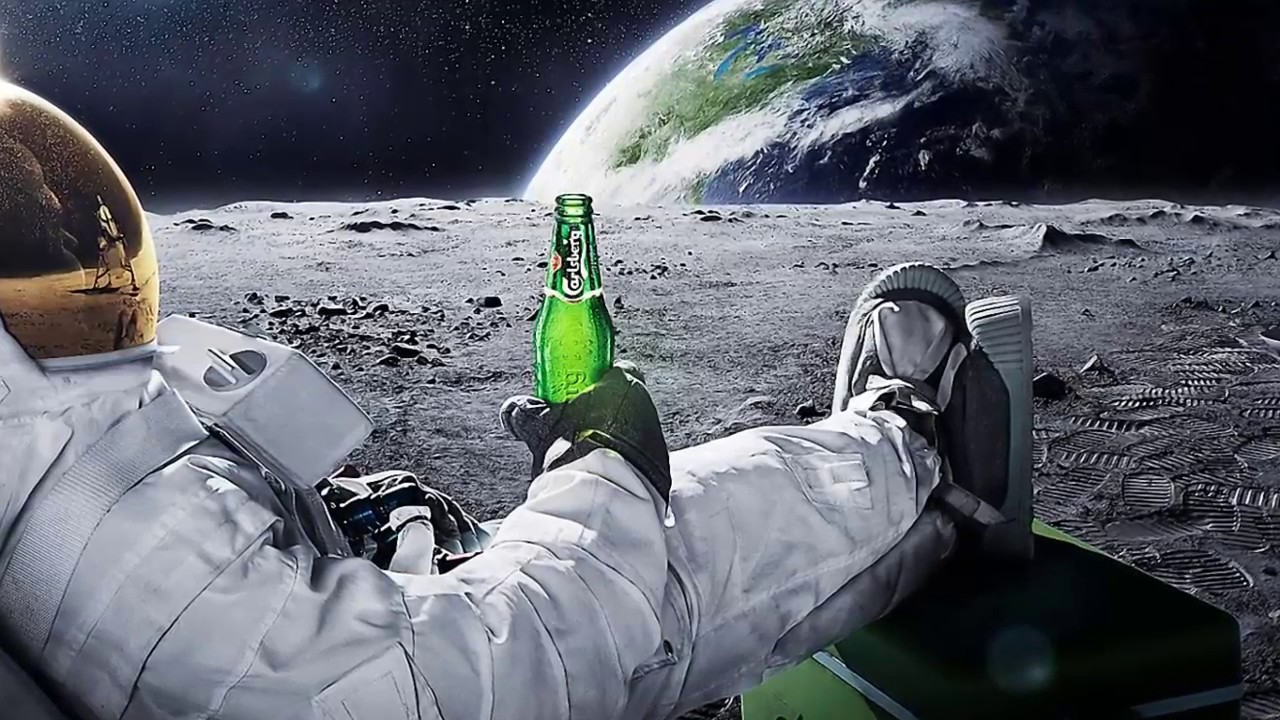
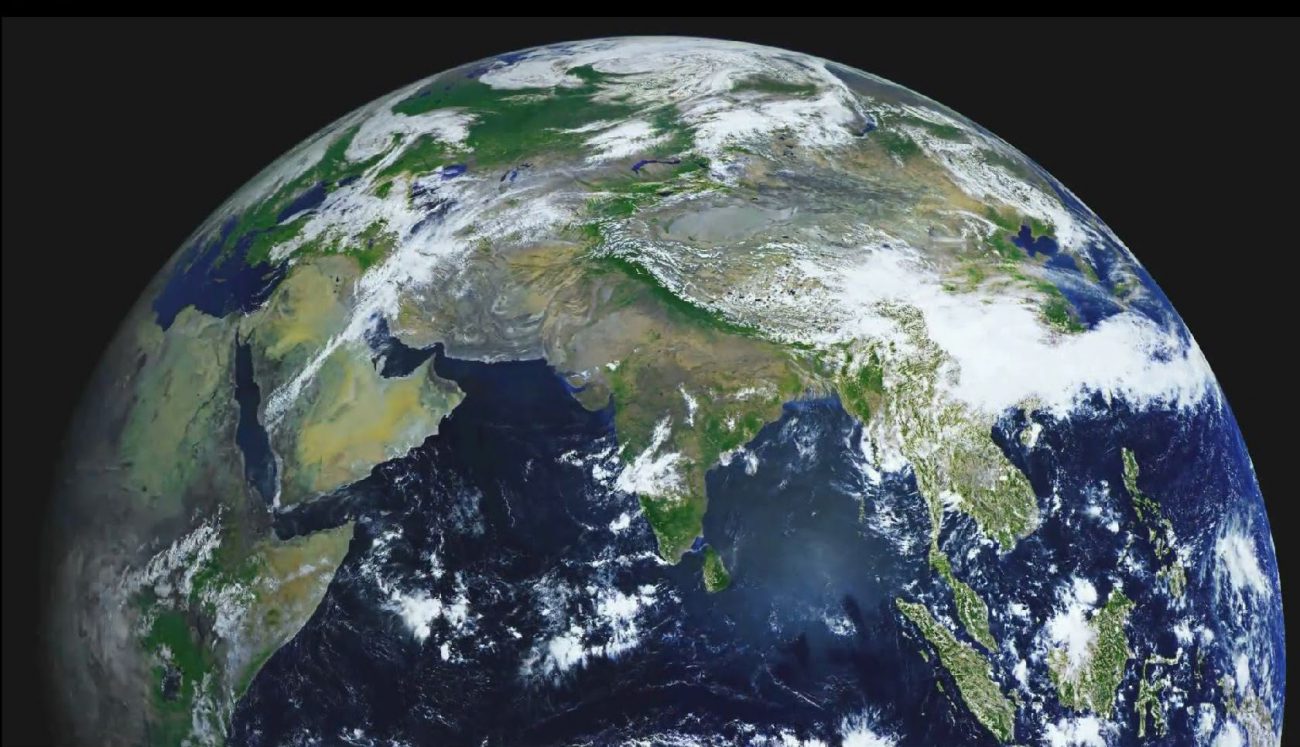
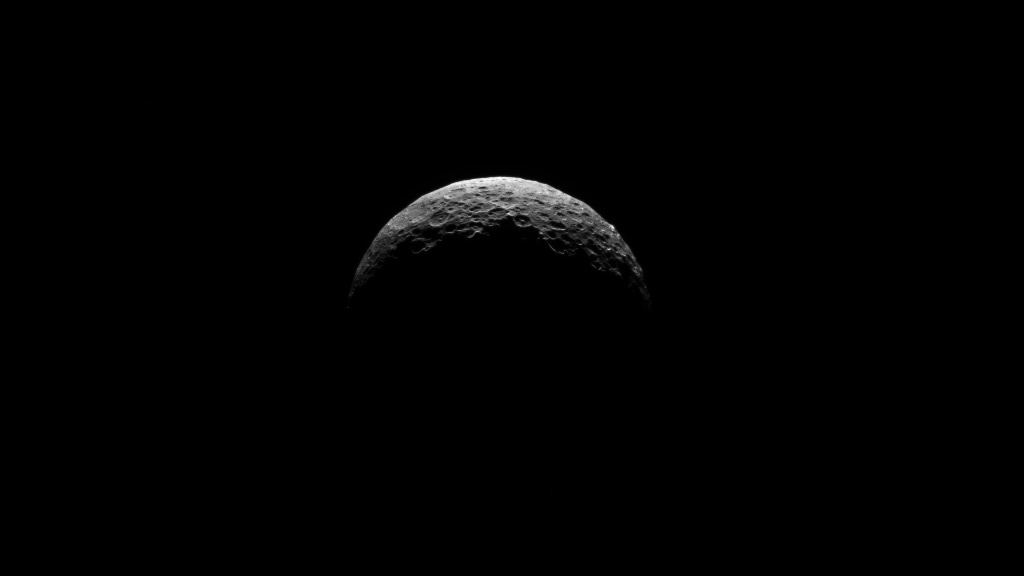

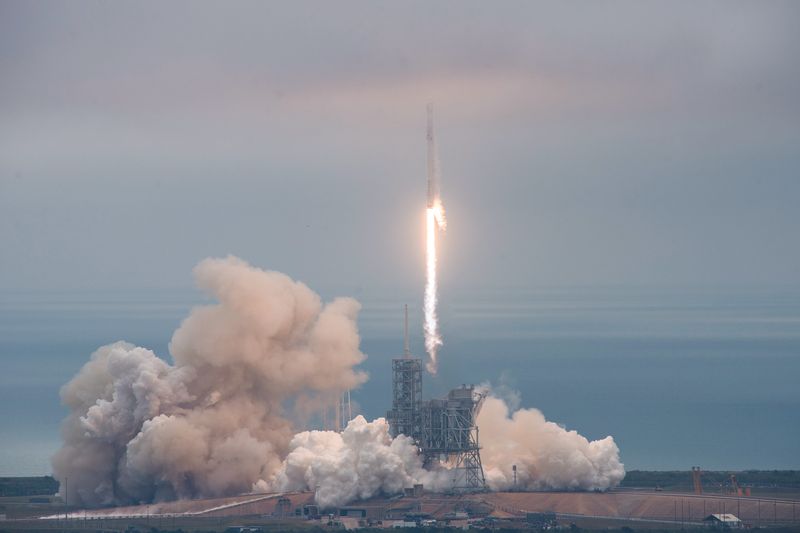
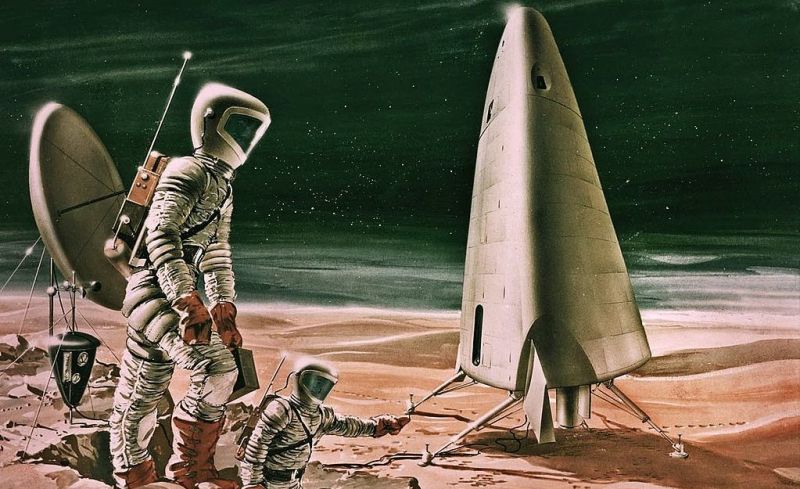
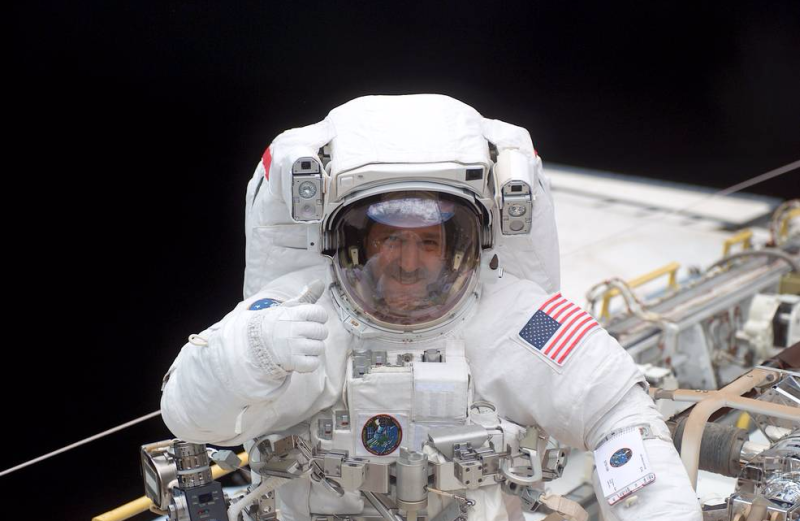
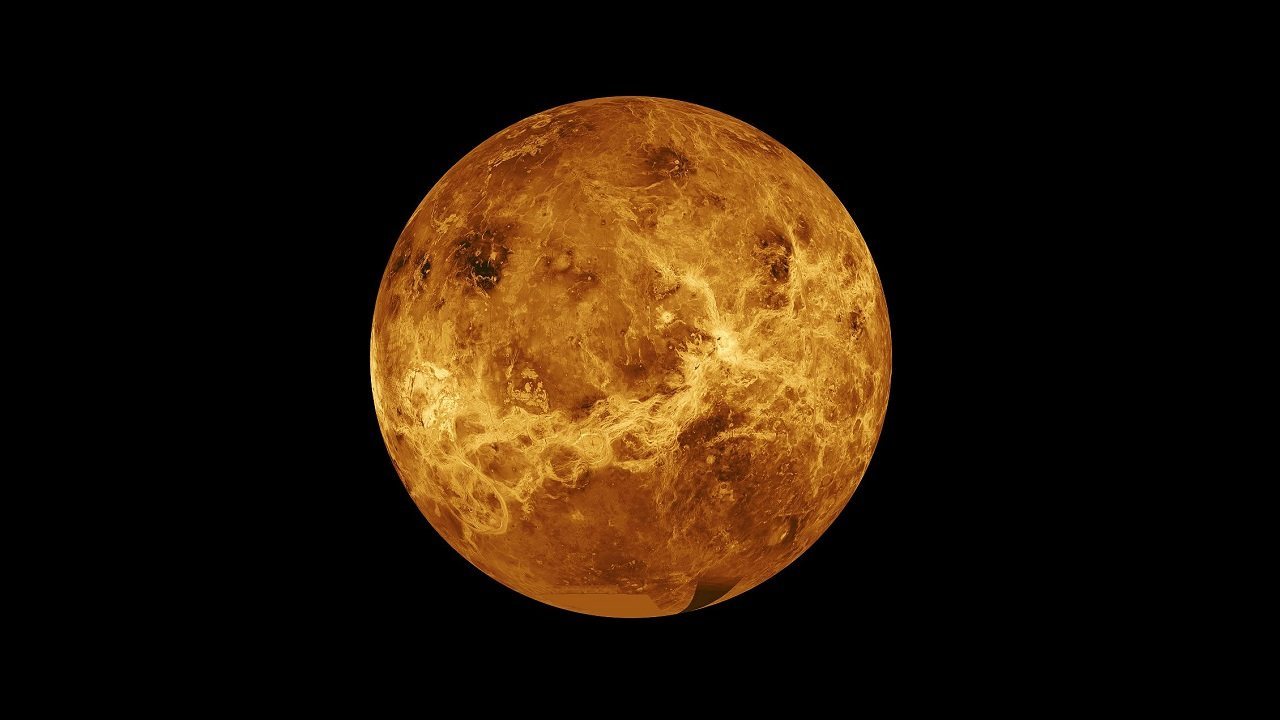

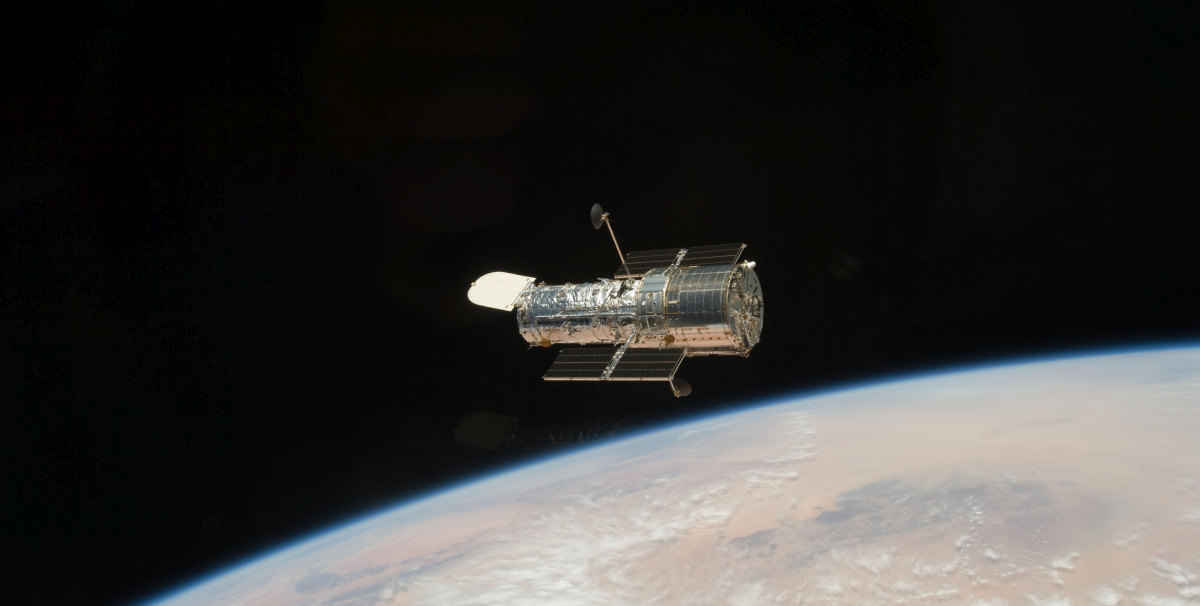

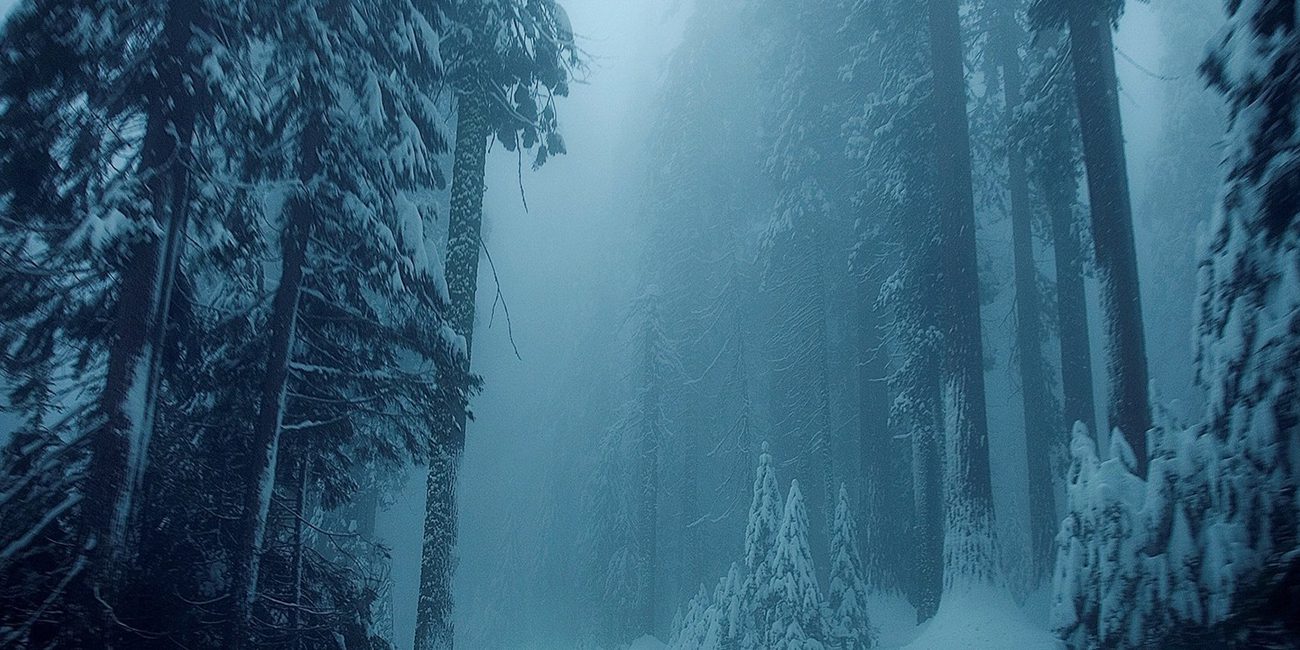
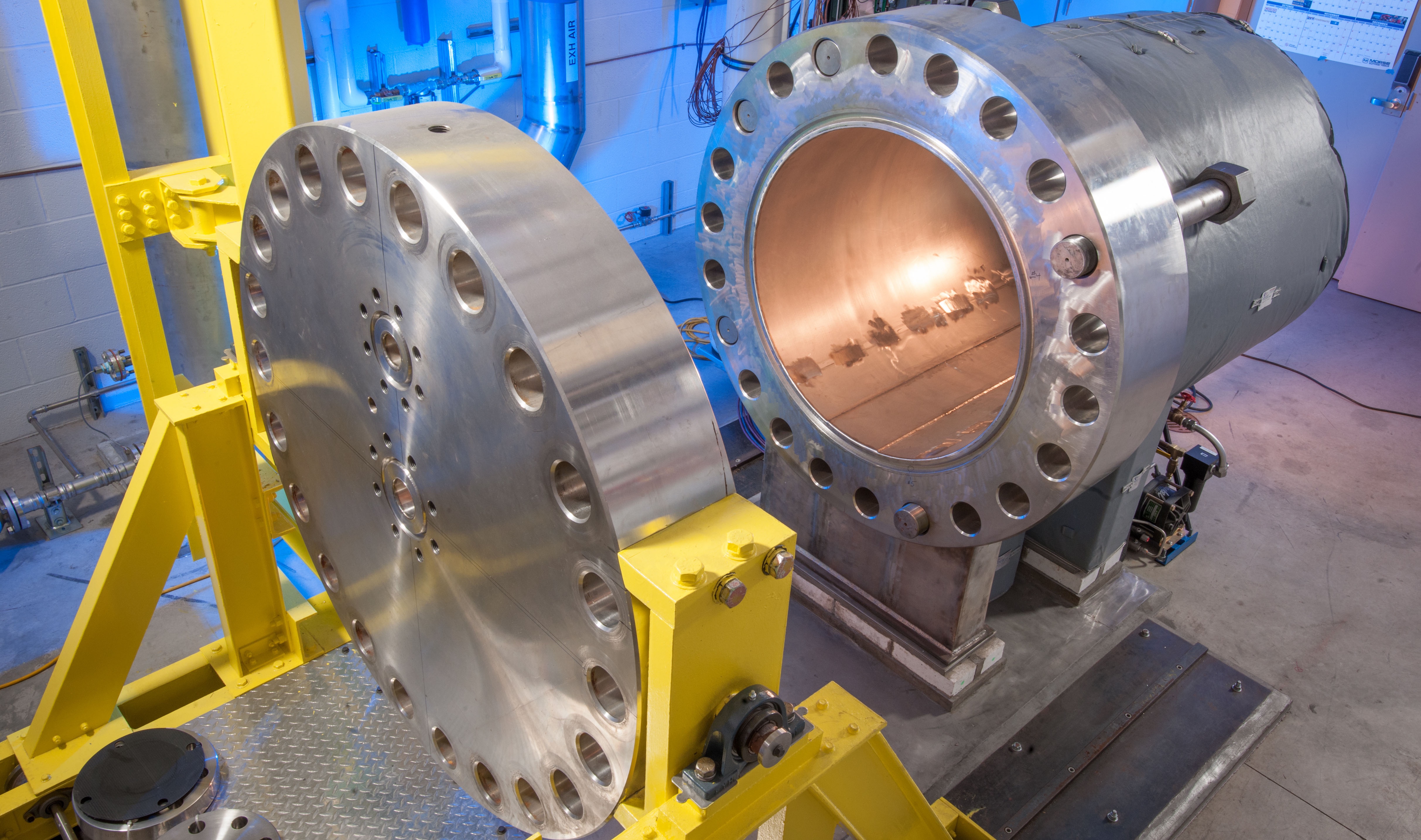
Comments (0)
This article has no comment, be the first!